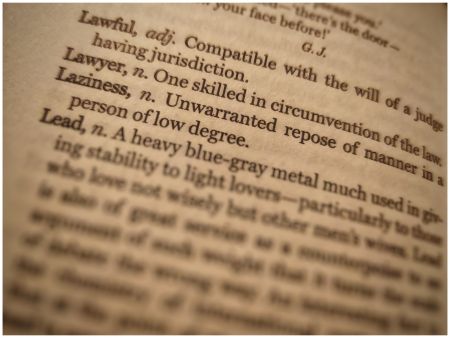A priori: Difference between revisions
Amwelladmin (talk | contribs) No edit summary |
Amwelladmin (talk | contribs) No edit summary |
||
| Line 7: | Line 7: | ||
*[[Reductionism]] | *[[Reductionism]] | ||
*{{Br|The Singularity is Near}} | *{{Br|The Singularity is Near}} | ||
{{c|Latin}} | |||
Revision as of 22:05, 8 January 2021

|
A priori /ɑː prɪˈɔːri/ (adj.)
Necessarily true. Not requiring evidence. True by definition. Relating to or denoting reasoning or knowledge which proceeds from theoretical deduction rather than from observation or experience. In the olden days this was limited to a small number of rather useless circularities — mathematics, for example — don’t @ me folks. Oh, and Cartesian philosophy: I am wondering whether I exist, so it follows, to even be wondering that, I must do. I mean, well, that’s profound, and thanks for writing in but it is still a bit of a reach to get to rice pudding and income tax isn’t it?
But the modern fad for reductionism the world — universe — multiverse even — opens up for us. We have solved it. Thus, the forthcoming singularity.
